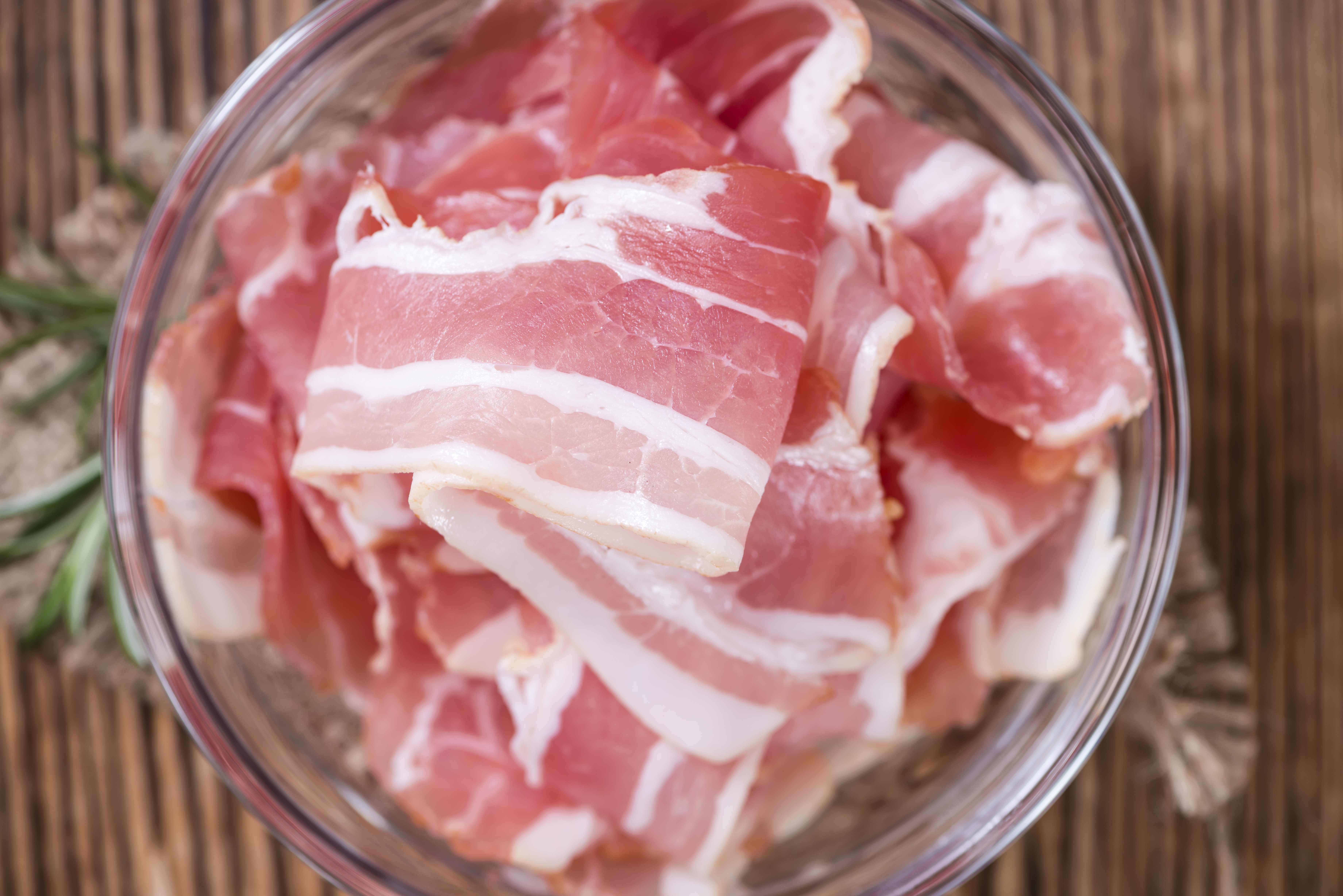
Eating raw or undercooked pork infected with the parasitic worms, Trichinella spiralis, can lead to trichinosis. The good news is that the risks of infection are lower than they have been in the past. The Centers for Disease Control and Prevention says trichinosis infections are less common than previous decades because of better pork production laws. The parasitic illness is now more often associated with eating raw or undercooked wild game meats, such as wild boar and bear.
"[T. spiralis] infection can cause a variety of symptoms ranging from mild or asymptomatic infection to fatal illness,” says Dr. Nipunie Rajapakse, a Mayo Clinic pediatric infectious diseases specialist. “The most common symptoms include fever, abdominal pain [and] nausea. And, in later stages of infection, it can cause myalgia, swelling of the face or around the eyes, as well."
Watch: Dr. Nipunie Rajapakse explains trichinosis.
Journalists: Broadcast-quality sound bites are in the downloads.
"Ensuring that your food is cooked all the way through is one of the best things that you can do to avoid acquiring a foodborne illness. It's not 100 percent foolproof but certainly decreases your risks, as most of these bacteria are killed off by heat," says Dr. Rajapakse.
Trichinosis cannot be spread from human to human. It is spread from eating raw or undercooked meat contaminated with T. spiralis worms.
The U.S. Department of Agriculture (USDA) advises using a meat thermometer when cooking pork to reach these recommended temperatures:
- 145 degrees Fahrenheit (minimum) for pork steaks and chops
- 160 degrees Fahrenheit for ground pork patties and ground pork mixtures, such as meatloaf
- 160 degrees Fahrenheit for organ and variety meats, such as heart, kidney, liver, tongue and chitterlings
The USDA also recommends allowing the meat to rest for at least three minutes before carving or consuming.







